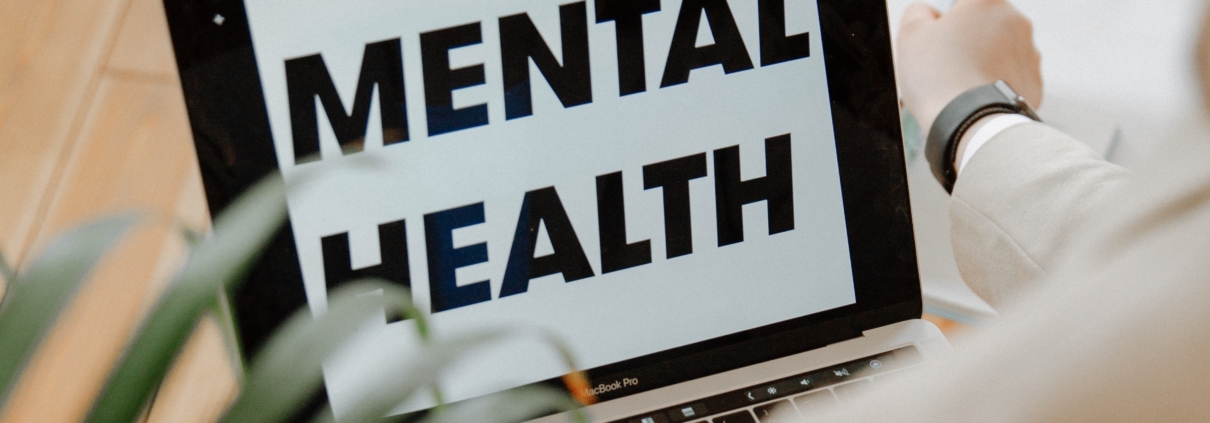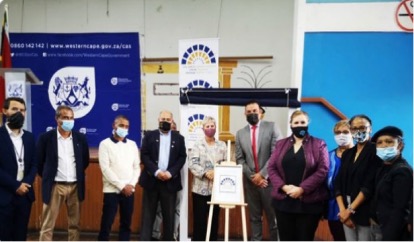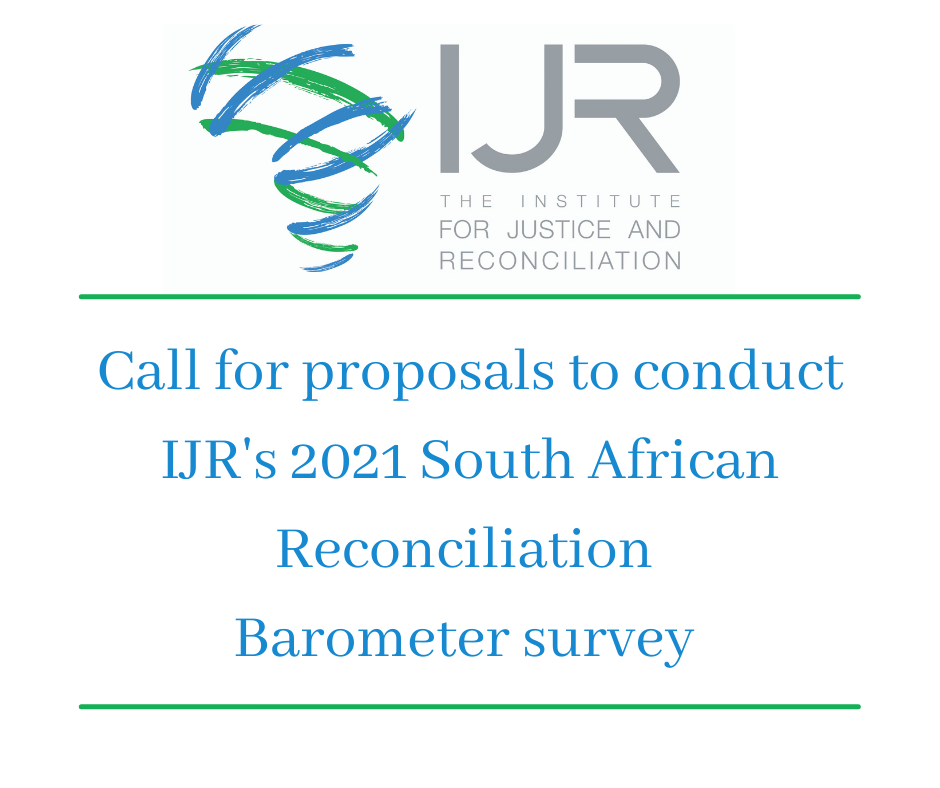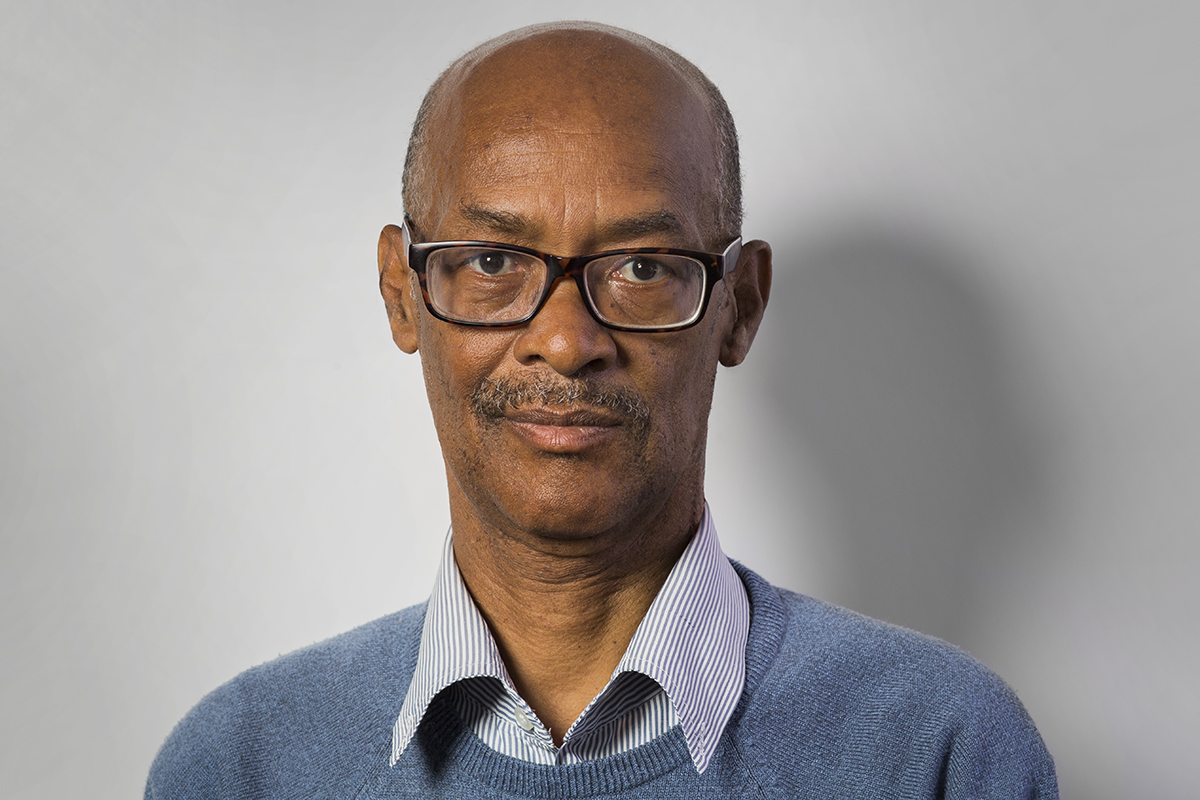Silver Linings: Building on the Covid-generated Mental Health Focus
They say every cloud has a silver lining. While Covid-19 appears as a particularly large and menacing one; it too brings opportunities to reflect and rework existing ways of doing things.









